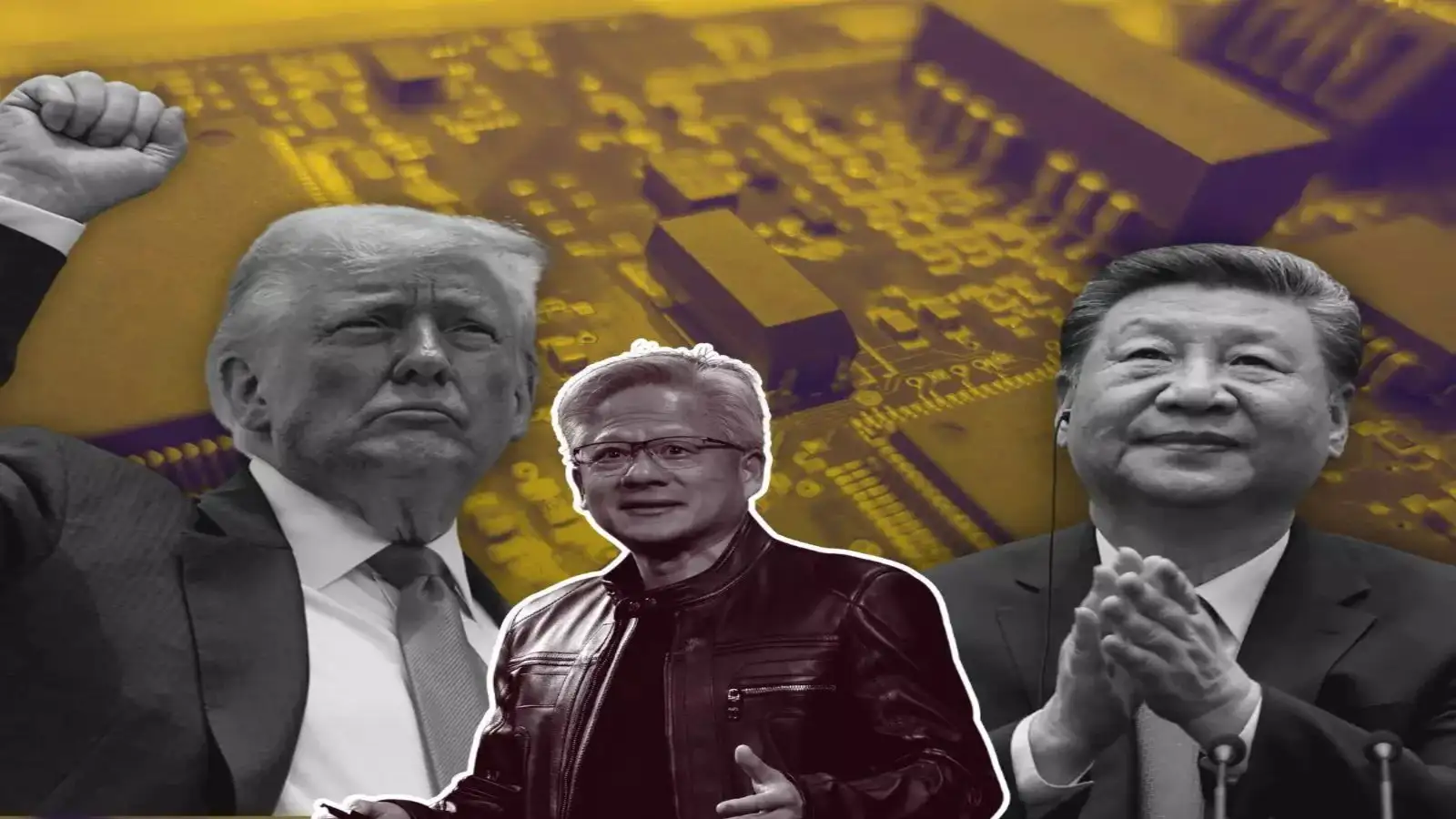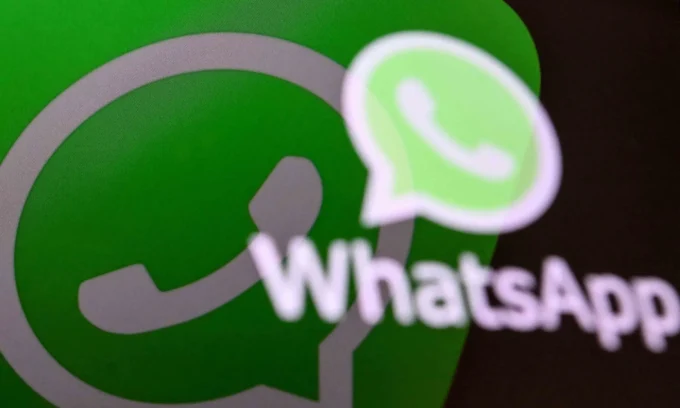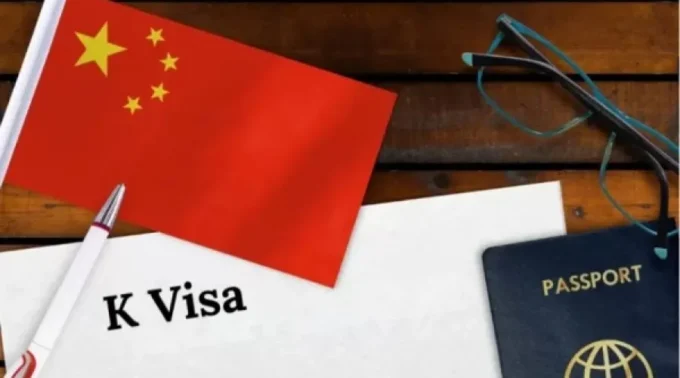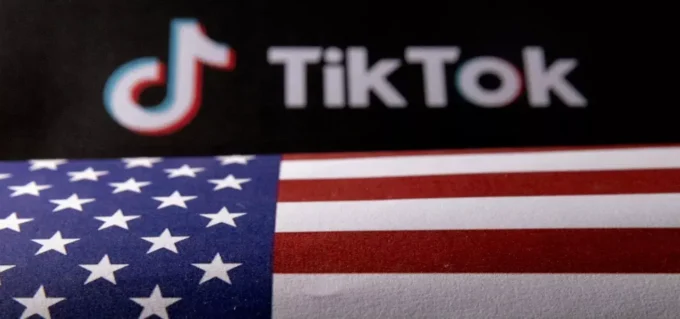China has reportedly been advising domestic companies, particularly those involved in government projects, to steer clear of Nvidia’s H20 chips over national security concerns.
According to sources cited by Bloomberg on Tuesday, Chinese authorities have issued directives in recent weeks, discouraging the use of these less-advanced semiconductors. Officials are said to be worried that the chips could potentially include location-tracking or remote shutdown features—claims that Nvidia has firmly denied.
On the same day, the Financial Times reported that Beijing is pressuring tech firms to justify their need for Nvidia’s H20 chips instead of opting for Chinese-made alternatives.
According to The Information, the Cyberspace Administration of China (CAC) has directed major tech firms—including ByteDance, Alibaba, and Tencent—to halt purchases of Nvidia’s H20 chips.
The report indicates that Chinese authorities are conducting a security review of the H20 chips and, in the meantime, are urging companies to source semiconductors from domestic suppliers like Huawei Technologies and Cambricon.
In response, Nvidia stated that the H20 chip is neither intended for military use nor for deployment in government infrastructure, a position acknowledged by both the U.S. and Chinese governments.
“China has a sufficient supply of homegrown chips to meet its requirements. It doesn’t—and never has depended on American semiconductors for government use, just as the U.S. wouldn’t rely on Chinese-made chips for its own operations,” the company stated.
On July 15, Nvidia CEO Jensen Huang announced that the company plans to resume sales of the H20 chip in China shortly.
Meanwhile, US Commerce Secretary Howard Lutnick described the H20 as Nvidia’s “fourth-best” AI chip, noting that it is slower than the fastest chips used by American firms.
Lutnick explained that the US aims to supply China with enough AI chips to make Chinese developers “dependent on the American technology stack,” adding that the country’s strategy is to maintain a technological lead over China’s capabilities.
At the time, some experts in China referred to the H20 chips as a tempting yet dangerous “poisoned wine” that could gradually undermine Chinese AI chip manufacturers by capturing their customer base. Others accused the US of “dumping” the H20 chips into the Chinese market.
Reuters reported on July 29 that Nvidia had placed an order for 300,000 H20 chipsets, valued at approximately US$3.6 billion, with Taiwan Semiconductor Manufacturing Company (TSMC) just a week earlier.
On July 31, the Cyberspace Administration of China (CAC) announced that it had summoned Nvidia over concerns about the security risks posed by the H20 chip. The agency also noted that some US lawmakers have proposed that advanced chips exported overseas should include “tracking and positioning” capabilities.
The Trump administration has not changed its overall strategy to counter China but has adopted a different tactic. He emphasizes that the US must show genuine goodwill if it hopes to continue dialogue with China, secure access to Chinese rare earth minerals, and move ahead with Trump’s planned visit to Beijing in September.














Leave a comment